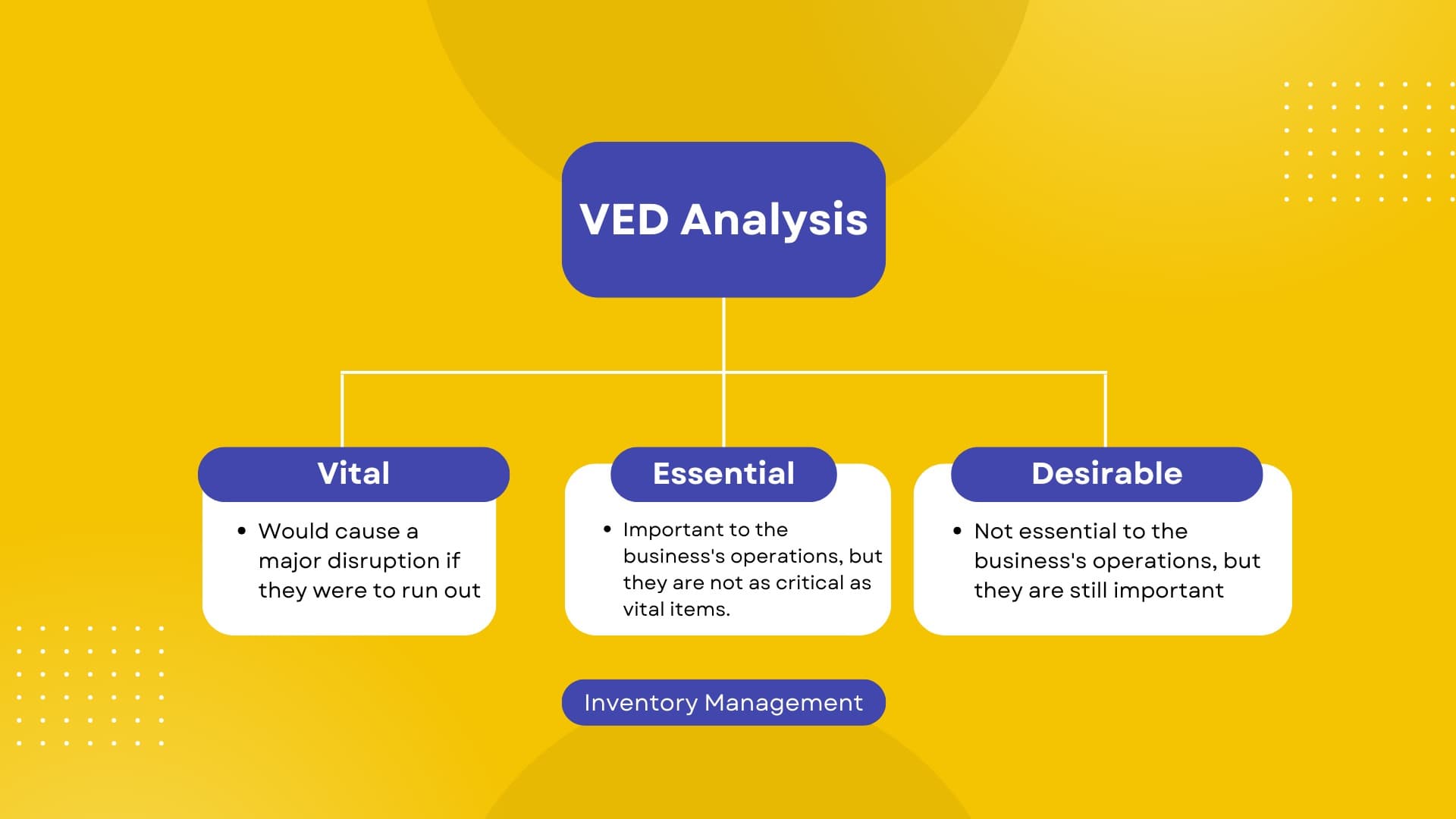
Why Retailers Need to Take Data-Driven Decisions
Data-driven decisions are decisions that are made based on the analysis of data. This data can come from a variety of sources, such as customer surveys, sales data, website analytics, and social media data. When making data-driven decisions, retailers use data to identify trends, patterns, and relationships. This information can then be used to make […]
Read More
Sustainable Inventory Management: A Guide for Businesses
Sustainable inventory management is the practice of using resources more efficiently, minimizing waste, and choosing sustainable suppliers and products to reduce the environmental and social impact of inventory activities, such as sourcing, storage, distribution, and disposal. Sustainable inventory management is important for a number of reasons. First, it helps businesses to reduce their environmental impact. […]
Read More
Retail Trends in 2024 and Tips for Retailers
Retail trends are the latest developments and changes in the retail industry. These trends can be driven by a variety of factors, including technological advancements, changing consumer behavior, and economic conditions. Global retail sales are expected to reach 32.8 trillion U.S. dollars by 2026, up from 26.4 trillion U.S. dollars in 2021. Retail trends can […]
Read More
Retail Marketing Challenges in 2023: How to Overcome Them
Once you look at the five-year failure rate, though, the retail industry takes the lead, with 69.6% of businesses failing. (Source: lendingtree.com) Retail marketing challenges are the obstacles that retailers face in promoting and selling their products and services. These challenges can be caused by a variety of factors, including competition, consumer expectations, changing consumer behavior, […]
Read More
How to Improve Your Inventory Storage Efficiency
Inventory storage is the process of managing and securing physical goods until they are ready to be sold or used. It involves tracking the quantity and location of inventory, as well as protecting it from damage, theft, and loss. Inventory storage is an essential part of supply chain management, and it can have a significant […]
Read More
Manufacturing Quality Assurance: A Comprehensive Guide
Manufacturing quality assurance (MQA) is a process that ensures that manufactured products meet their quality standards. It involves implementing and monitoring quality control measures throughout the manufacturing process, from product design to shipping. MQA helps to prevent defects, identify and correct any problems that do occur, and ensure that products are safe and reliable. MQA […]
Read More
Manufacturing KPIs: The Key to Success in a Competitive Market
Manufacturing key performance indicators (KPIs) are quantifiable measures of the efficiency and effectiveness of manufacturing operations. KPIs are used to track progress towards goals, identify areas for improvement, and make better decisions about how to allocate resources. There are many different types of manufacturing KPIs, but some of the most common include: Manufacturing KPIs can […]
Read More
Manufacturing Overhead: Everything You Need to Know
Manufacturing overhead is all of the indirect costs incurred during the production process. These costs are not directly traceable to a specific product, but they are still necessary for the production process to occur. Examples of manufacturing overhead costs include: Manufacturing overhead costs are typically allocated to products using a pre-determined overhead rate. This rate […]
Read More
Retail Marketing Strategies for 2023 and Beyond
Retail marketing is the process of promoting and selling products and services to consumers through retail channels. It encompasses all of the activities that a retailer undertakes to attract customers, generate sales, and build brand loyalty. Global retail sales were projected to amount to around 32.8 trillion U.S. dollars by 2026, up from approximately 26.4 trillion […]
Read More
VED Analysis in Inventory Management: A Comprehensive Guide
VED analysis is a method of inventory management that classifies inventory items into three categories based on their criticality to the business: VED analysis is a valuable method for inventory management because it helps businesses to prioritize their inventory levels and focus their resources on the most important items. Benefits of Using VED Analysis: The […]
Read More